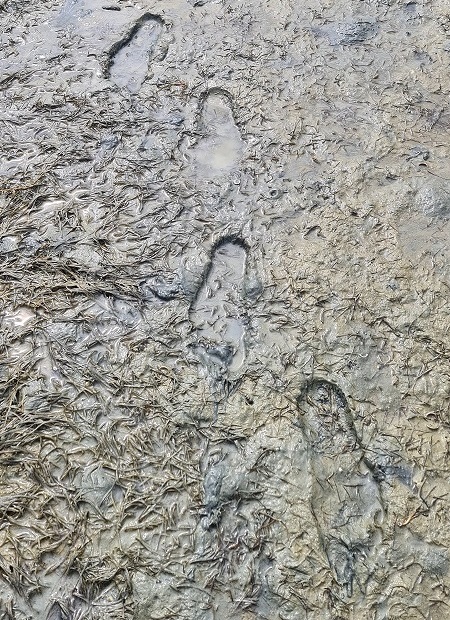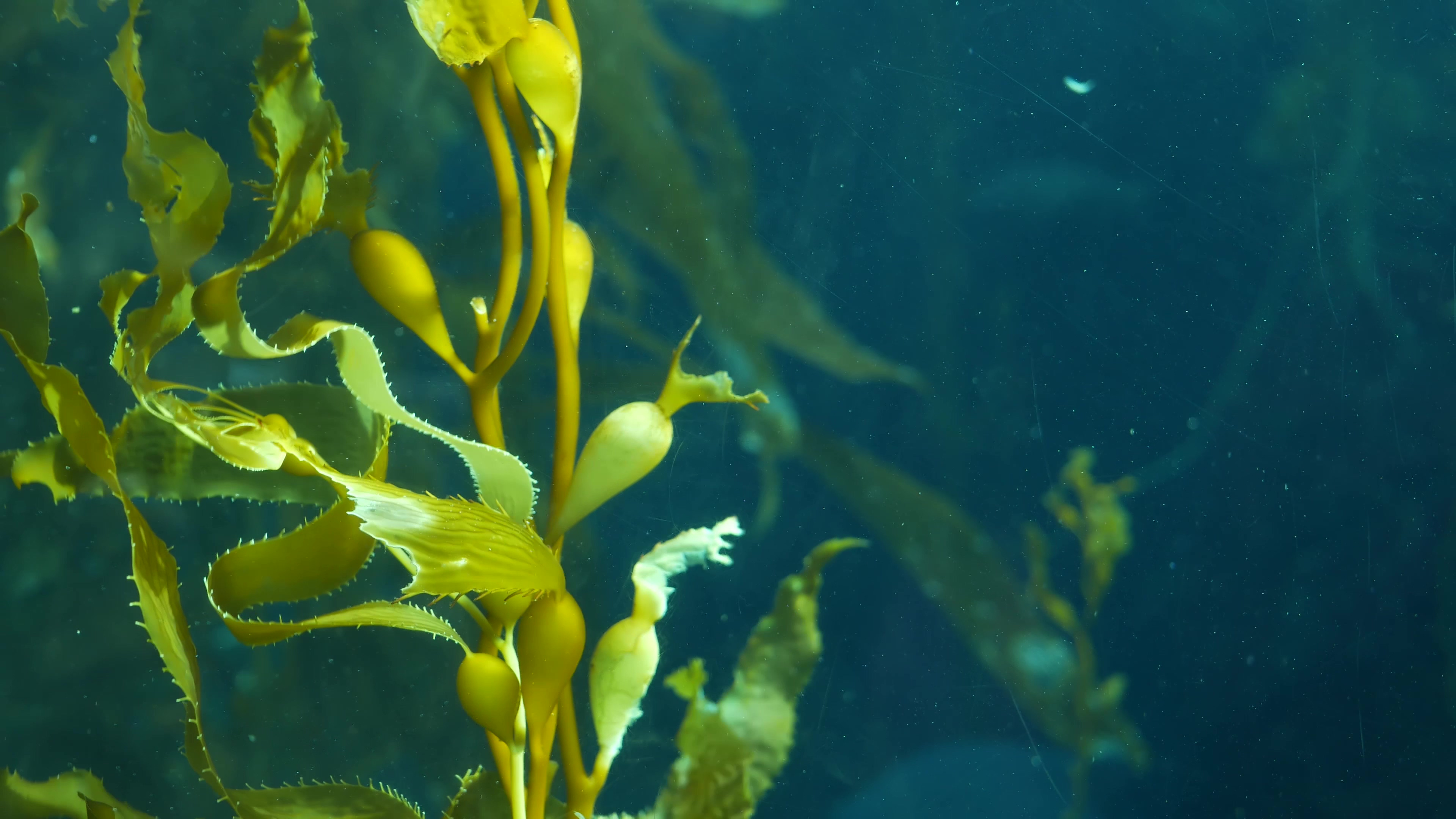

"One touch of nature makes the whole world kin" - William Shakespeare
As a therapist, the recognition of humans as Ecological beings is deeply expansive and insightful. In my work I encounter a myriad of ways people can feel ill-at-ease, disconnected, dissatisfied, depressed, anxious, or overwhelmed. Most of these experiences also involve varying levels of physiological stress on a daily basis.
ReWilding offers ways of profoundly slowing down, mentally and physiologically, which has a significant effect on health and wellbeing. You'll grow your capacity for deep attention, inwardly and outwardly.
Being in the wild is certainly about having fun, and experiencing joy, awe and wonder. While you're likely to experience peace and tranquility, it's also a time to make space for anger, fear, or grief. These are all essential for healing. ReWilding is a way of coming home, in the broadest sense, to ourselves as a part of nature. It is a way to attend to the soul.
ReWilding is grounded in the principles and philosophies of Deep Ecology which recognises all living beings and forms as equally worthy as human beings. It emphasises the fundamental interconnectedness of the living world. Early thinkers in this movement, Arne Naess and Joanna Macy, highlight the need for profound change to the economic, technological, and ideological structures of human existence, which continue to do alarming damage to the ecosystems we live within.
Within our existing society, we all suffer (in varying degrees) a separation from other living beings and forms in the natural world. This suffering threatens our mental, physical, spiritual and collective wellbeing. This separation is at the root of the climate crisis, created and perpetuated by humans during our relatively recent history. Perhaps you're experiencing anxiety or despair about the climate crisis and the extreme weather events we continue to suffer? ReWilding assists you reconnect in emergent, experiential and embodied ways. You'll be more able to face into the suffering of our world, with a sense of meaning and purpose.
Being immersed in the wild helps you reclaim your ancient knowing of ecological self, alongside individual, relational, and cultural selves. ReWilding is an integrative therapeutic approach and aims to restore your optimal wellbeing through being in reciprocal and reverential relationship with the rest of the living world.
Generally, humans have forgotten our sacred/spiritual role of guardian and lover of Gaia/Papatūānuku/Pachamama/Mother Earth. Collectively, we need to transition to new ways of fulfilling this role. ReWilding offers you support and encouragement while you grapple with the uncertainty, ambiguity, and not-knowingness of this transition. Part of our disconnect from the more-than-human world is rooted in our loss of ancient animistic and archetypal knowledge. Reclaiming this knowledge, in whatever ancestral tradition you may have ties to, can be a profound shift in your ecological consciousness.
The evidence that time spent in nature positively impacts mental health outcomes has increased markedly over recent years (Burns, 1998/2014; 2009; Buzzell & Chalquist, 2009; Cooley et al., 2020; Dolan, 2021; McEwan et al., 2021; Naess, 1995). Ecotherapy “acknowledges the vital role of nature and addresses the human–nature relationship” (Buzzell & Chalquist, 2009, p. 18).
This expansion of psychotherapy into natural environments has been shown to provide therapeutic outcomes for individuals suffering from mild to moderate anxiety and depression, as well as grief, social isolation, various forms of trauma and other mental health challenges (Summers & Vivian, 2018). Evidence also shows that ecotherapy enhances mindfulness and reduces overall stress (Brown & Ryan, 2003; Summers & Vivian, 2018).
There is evidence that ecotherapy can help with anxiety about the changing climate, including trauma resulting from extreme weather events, and more broadly, with healing the rift between modern individuals and nature that can lead to a less well-defined malaise – our sense of separation and isolation from nature – that affects the wellness of most of us in some way (Clayton et al., 2017; Cunsolo et al., 2020; Jones, 2010; Roszak, 2001; Totton, 2011).
The recognition that human and ecosystem health are deeply interconnected has been heightened by current global and local events, including increased incidences and severity of fires, floods and pandemics. The resulting eco-anxiety, trauma and ecological grief becoming noticeable in communities affected by severe weather events and climate change can be addressed through ecotherapy (Clayton et al., 2017; Cunsolo & Ellis, 2018; Hayes & Poland, 2018).

ReWilding sessions occur in the wild, in a location that we will arrange together depending on your wishes. The process is uniquely emergent and creative, so use the Contact page to get in touch and we'll have a chat about how to begin the adventure!
Watch this space for detail about day-long workshops in various locations. The dates will be specially chosen to fall on important days which marks the Solstices, Equinoxes and the days mid-way between.
You are welcome to register for one, or as many of these sessions as you wish. There will be continuity between the workshops, and, each one will also stand alone as an enriching experience. Each day session will be followed up with a Zoom session a few weeks later. If you have any questions, please call, text or email using the details on the Contact page.
Registration will be available when the dates are confirmed. The registration form will include a Disclaimer Declaration. If you have any questions or need clarification before agreeing, please get in touch with us using the details on the Contact page.
When we receive your form we'll make contact with you to have a chat about the whole ReWilding programme and which workshops you wish to attend.
Use the Equipment button below to access the list of things you'll need to bring to the sessions in the wild.
Over the course of the workshops we will be immersed in four different locations. These settings will be in the bush, beach, wetland, and grassland. They will all be easily accessible, via maintained tracks, for anyone able to walk for an hour, over gentle uphill, moderate terrain (weather conditions may add a level of difficulty). We will be purposefully sustaining a slow pace of walking, probably slower than you are used to.
Further detail about transport to each location will be provided.
Crossing the threshold into the therapeutic space of the wild will be assisted by ritual, body and breath. We will slowly walk into the wild to begin your sense of immersion and connection. After morning tea we will spend time together as a group connecting and sharing our hopes for the day.
Following lunch, you'll have the opportunity for time alone to pay deep attention to all aspects of your surroundings. We will offer you guidance for deepening this experience. We will also offer you an activity that explores a particular aspect of your experience.
Coming back together as a group is the space to share and process what the experience was like, and how it fits into your history and sense of self. This enables you to recognise how deeply interconnected you are with the rest of the living world, as well as your social and cultural ways of being. Essentially this means enlivening your Ecological Self.
After a quick snack we will journey out of the wild, cross the threshold for travel back to our starting point.
Over the course of the sessions we'll offer you a particular focus on certain aspects, features, and elements of our living world. These may be such things as the concept of time, the seasons, weather patterns, tides, phases of the moon etc.
We will also encourage you to explore your ancestry and how it may help you to develop a personal cosmology.
We will also be holding the effects of the climate crisis in mind, having the opportunity to process what this means for us each, and collectively with all in the living world.
**While we will be offering aspects of structure to each workshop, it is also perhaps even more important to allow plenty of space for what needs to emerge for each person, and for the group as a whole. This is a practice we often neglect in our busy lives and can make a huge difference to our sense of wellbeing.**
The purpose of the Zoom sessions is to sustain our connections as a group between Waiheke sessions. Together, we'll explore how we are bringing our sense of connection and relationship with the living world, into our everyday lives. We'll be offering you activities and resources to assist you in this process, and it will be great to hear what works well for you, making a difference in your life, your relationships, and your sense of self.
It will be important for you to have a quiet, private space, free from interruptions for the 90 minutes of each Zoom session.